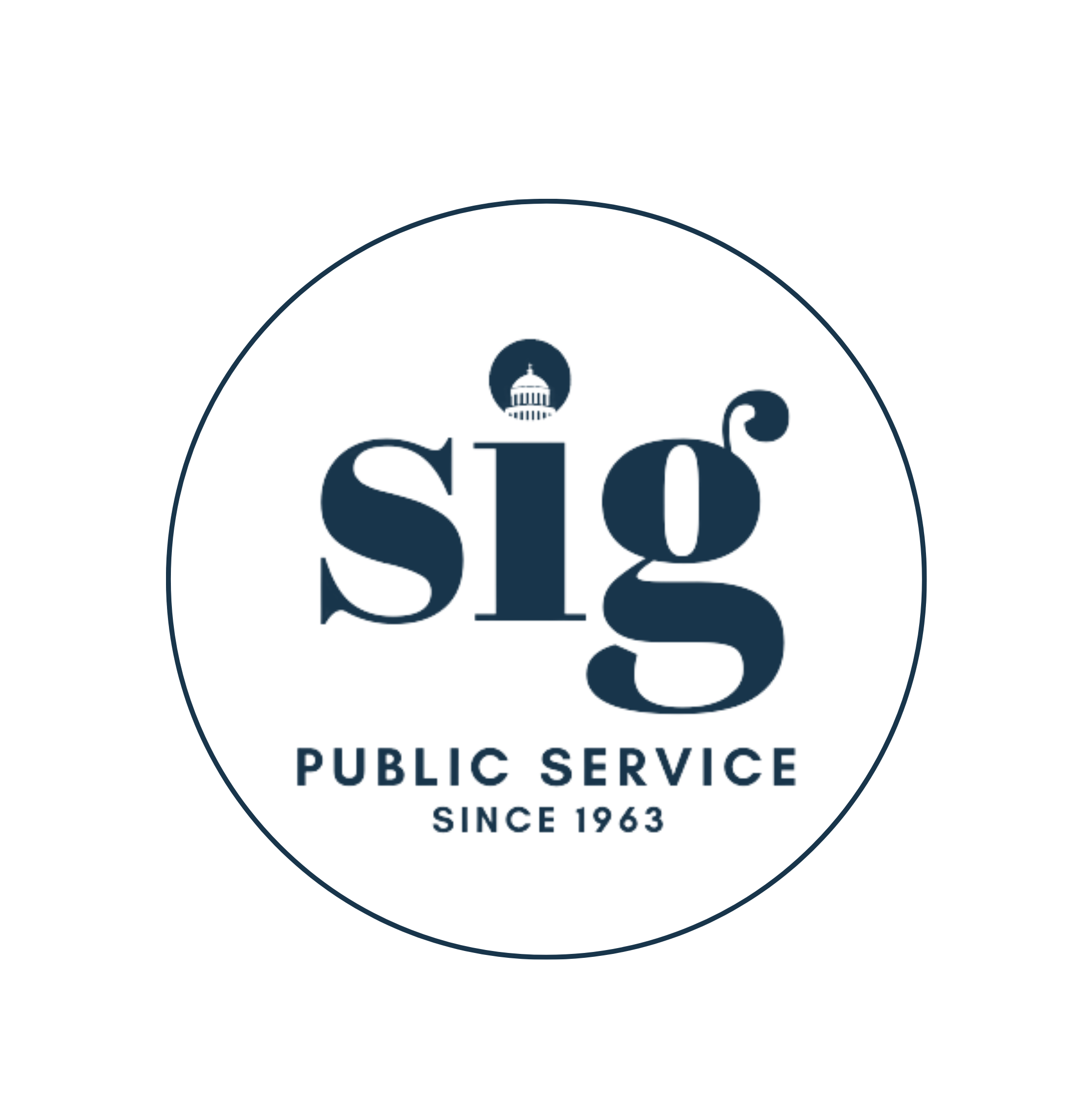California State Water Resources Control Board, Office of Information Management and Analysis
2023 Stanford Summer Fellows: Sam Prieto-Serrano and Josh Davenport
2022 Stanford Summer Fellow: Alexis Perez
2021 Stanford Summer Fellow: Brook Thompson
2020 Stanford Summer Fellow: Jennifer Wang
2019 Stanford Summer Fellow: Lindsay Young
About the State Water Resources Control Board:
The State Water Board’s mission is to preserve, enhance, and restore the quality of California’s water resources and drinking water for the protection of the environment, public health, and all beneficial uses, and to ensure proper water resource allocation and efficient use, for the benefit of present and future generations.
About the Office of Information Management and Analysis:
The Office of Information Management and Analysis (OIMA) was established in 2008 to serve as an advocate for data management, a bridge between data collectors and users, as well as provide transparency of the Water Board’s information management infrastructure. Our goal in OIMA is to collaborate monitoring efforts, build systems to ensure data quality, accurately analyze data, make data easily accessible, and create visualizations and reports that make data understandable across all audiences.
Potential Projects:
The OIMA charge provides many candidate projects related to turning water data into useful information. When recruiting new fellows and interns in our office we try to match the skills, interests and focus of the people with our candidate projects. One candidate project area would be to focus on one (or more) of the common “tests” for drinking water and designing storytelling projects around the data ecosystem(s) needed to inform on safety, reliability, and affordability. An example project in the “affordable” space would be to help wrangle water rates data as well as the secondary datasets that could inform conversations about affordability.
Another thematic area of potential work is the intersection of water resource management and racial equity, tribal data, and public health, working with a new, statewide team of data scientists in public service trying to develop new data tools. The successful candidate intern working in OIMA could do data science work, host workshops where “competing” ideas get discussed and inform the regulatory and policy world with visualizations and data stories.
Finally, there are several thematic areas that are encompassed within the California Water Quality Monitoring Council workgroups and turning the data collected by programs throughout California including but not limited to those led by the Water Boards. Projects continue to evolve and OIMA is confident we can find a project that will suit candidate interests and skillsets with some part of the Water Boards.
Examples of previous fellow projects:
We have had fellows help with the following general types of activities: (1) Explore how to improve geospatial data related to public water systems (2) Prototype an Indigenous Language Isolation Data tool, (3) Aid in the development of web services (e.g., application program interfaces, or APIs) and creation of public data products; (4) Help manage data and increase the value and accessibility of the Water Board’s data via scripts and visualization software to transform and flow data towards open data publication sites; (5) Help improve how the Water Board’s monitoring programs collect, use, manage, and publish data; (6) Help improve the Water Board’s data quality and how data quality is measured and communicated; (7) Help ensure Water Board data is available, reliable, consistent, accessible, secure, and timely; and (8) Develop a Tribal Water Data Map and associated User Manual to increase awareness of and access to the Water Board’s water data resources that intersect with Tribal matters and needs.
Some of the work our team has helped create can be seen in this year’s Water Quality Status Report and at our github site.
Desired Qualifications/Skills:
In addition to a strong interest in water resources, water quality, and how human and environmental systems interact with water data, the successful candidate will have one or more of the following desired qualities, skills and abilities:
- Engaging with the public using data or technology to address stakeholder interests and achieve outcomes
- Ability to analyze data using various levels of data science skills to identify insights or build decision-support tools
- Interest and ability to work on a team
- Experience or interest in learning more about interest-based stakeholder processes
- Experience or interest to build knowledge of watershed management principles and water quality assessment procedures and policies
- Knowledge of current suite of methods and approaches needed to efficiently collect, store and make accessible data to inform management questions about bioaccumulation, bioassessment, ecological flows, watershed/stream health
- Knowledge of principles and practices to apply statistics and biometry to the design and review of water quality monitoring programs aimed at answering complex management questions
Logistics:
- Internship Location: flexible – hybrid in Sacramento, CA or fully remote.
- EPIC fellows have the option to work full-time (35+ hours per week) for 10 weeks (stipend: $7,500-$9,000, depending on financial need) or 12 weeks (stipend: $9,000-$10,500, depending on financial need) over the summer.


